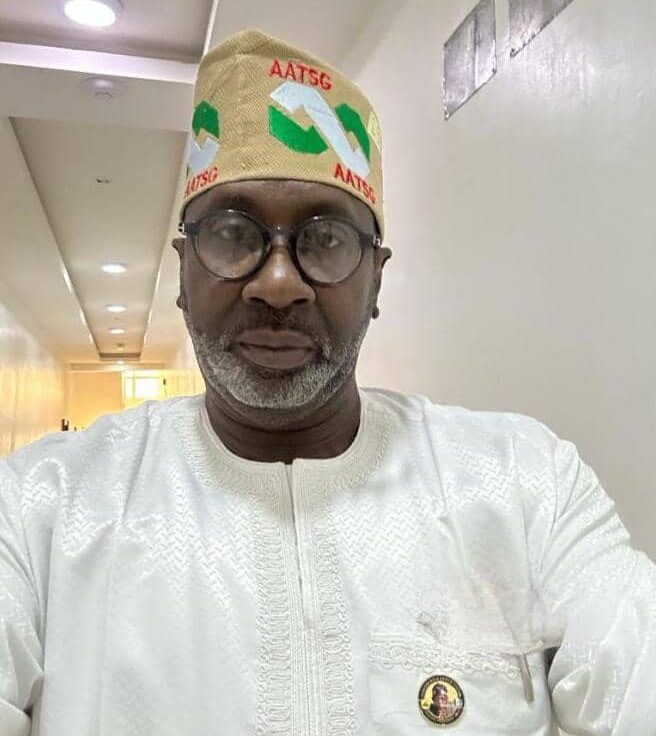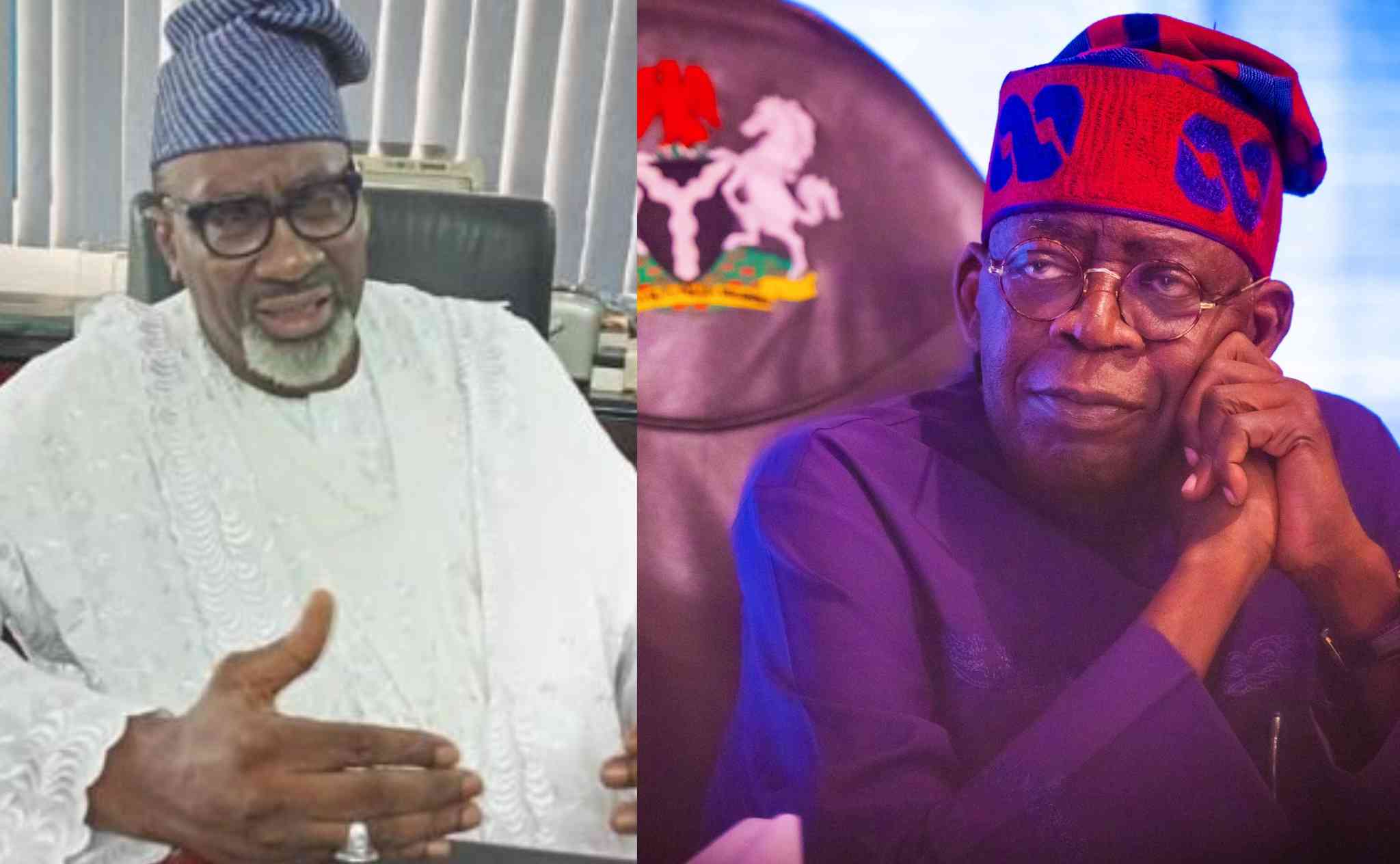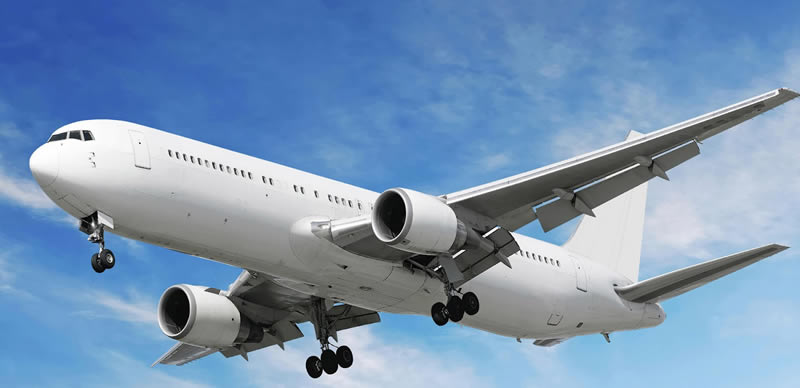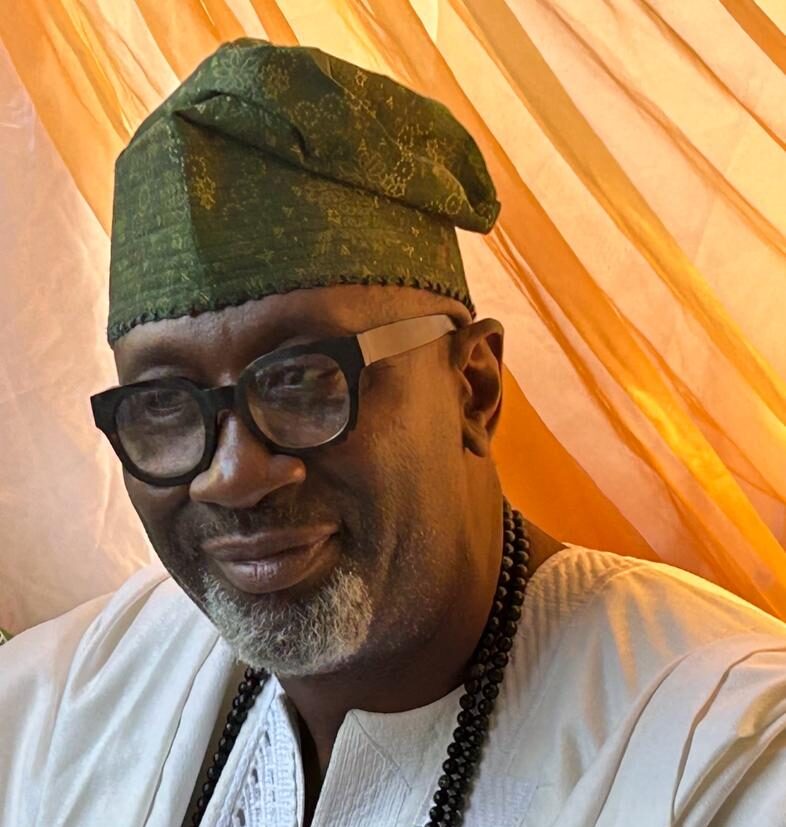Nigeria currently doing badly not as bad compared to other countries in the world.
As the world grappled with the constant fluctuation of Nigeria’s Naira against the mighty US dollar, many people rely on the seemingly dismal exchange rate to determine the standard of living in Nigeria. However, a holistic analysis reveals that the value of the Naira stretches further than what meets the eye.
Amidst the mockery and pity directed at the Naira, there are some undeniable truths that paint a different picture entirely. Let’s debunk the myths and embrace the reality of the situation.
Firstly, let’s talk about the purchasing power of the Naira. With ₦1,113, a person can afford two square meals in Nigeria. However, in the US, $1 barely covers the cost of a meal. This stark contrast immediately challenges the assumption that the Naira is useless simply because it trades at a high volume relative to the dollar.
Furthermore, the telecommunications sector in Nigeria presents a more favorable outlook. ₦1,113 translates to a substantial 1.6gb worth of data, while $1 in the US falls short, unable to secure even 250mb of data. The cost of 30gb of data from major providers in the US – T-Mobile, AT&T, and Verizon – far exceeds the prices in Nigeria. In fact, a whopping ₦40,000 is required for the same data allowance that costs a fraction of the price in Nigeria. This stark contrast highlights the purchasing power and affordability of various goods and services in Nigeria.
Moving beyond data and meals, let’s consider the cost of living. In Abuja, the most expensive place to reside in Nigeria, a single room goes for ₦600,000 per month. A similar room in Lekki, Nigeria, commands a modest ₦450,000 per month. In stark contrast, a comparable room in Manhattan, New York City, is priced astronomically higher at ₦2.4 million per month. These figures demonstrate that the cost of accommodation in Nigeria is comparatively lower than in the US despite the exchange rate disparity.
Closer to home, even the smallest essentials like toiletries and fuel are more affordable in Nigeria. With ₦1,113, a person can purchase a popular bath soap and Vaseline for the harmattan season, while $1 in the US cannot cover the same. Additionally, ₦1,113 is equivalent to almost 2 liters of fuel, yet $1 can only secure less than 1 liter of fuel in the US. These tangible examples reinforce the idea that the Naira holds its own in terms of purchasing power and value.
Lastly, the cost of education makes another compelling argument. It costs an average of ₦280 daily to earn a degree in Nigeria, significantly less than the ₦2,650 daily cost in the US. This stark difference demonstrates that even in higher education, the Naira goes further than the dollar.
So before we continue to insult ourselves and our country by measuring our standard of living solely based on the exchange rate, let’s remember the tangible and practical advantages that the Naira carries. The challenges we face today will not last forever, and Nigeria’s resilience continues to shine through despite the odds.
In conclusion, it is essential to consider the comprehensive purchasing power and value of the Naira beyond its exchange rate with the dollar. Nigeria may be facing economic challenges, but its currency’s strength in various aspects of daily life cannot be overlooked. As we navigate through these trying times, let’s keep these realities in mind and continue to celebrate the resilience and potential of our beloved country. God bless Nigeria. 🇳🇬
Otunba Abdulfalil Abayomi Odunowo.
National Chairman AATSG.
18th December, 2023.



